Second-Year Rotations
Blue rotations are non-vacationable. White rotations are vacationable and outpatient. Striped rotations are vacationable and inpatient.
If you are interested in RTT, make sure you visit their second-year curriculum page, too!
-
Round on acute inpatient detox patients and learn how to effectively screen and treat substance use disorders in your clinic.
See pregnant patients with substance use disorders in the OB Outreach clinic – the only clinic of its type in the Puget Sound region.
Attend clinic with chronic pain specialists and Dr. Rudolf, a graduate of our Addiction Medicine Fellowship who also does acupuncture.
Learn motivational interviewing with social work staff and addiction medicine doctors.
-
This R2 rotation is designed to combine elements of behavioral science, physician wellness, and practice management. The month is comprised of practical, skill-building workshops, group reflective exercises and accompanying readings that brings residents together as a full class for the first time since the orientation month.
Behavioral science topics focus on core skills for managing common behavioral health concerns in primary care, including motivational interviewing, medication management, and brief counseling approaches.
Residents also engage with self-care and wellness practices through both group exercises and independent practice assignments.
Practice management sessions cover a wide range of topics related to building a sustainable clinical practice, from financial management strategies to quality improvement and models of care delivery.
During this rotation, all residents receive dedicated buprenorphine training and certification and have dedicated time to work on a quality improvement project in their clinic. Residents also plan and participate in a 3-day weekend retreat with their colleagues and partners.
-
Residents have two elective blocks during R2 year. Future practice plans and areas of educational need play a role in determining elective choices for residents. Residents work with their advisor to determine what educational areas are appropriate topics for consideration.
Residents may choose from a list of reputable community teachers compiled by the associate director of the curriculum, or select their own elective rotation sites with guidance from their advisor. All residents prepare a detailed schedule of their elective, general goals for the rotation, and specific competency-based learning objectives.
-
Rotating through the Swedish Cherry Hill Emergency Department, residents focus on acute coronary syndrome, acute neurological emergencies, acute neurosurgical emergencies, and laceration repair.
During this rotation, residents will also have several dedicated one-on-one afternoons with our Integrative Medicine faculty at the Cherry Hill Integrative Medicine Clinic.
-
Residents rotate through the Seattle Children’s Hospital emergency department under the supervision of pediatric emergency-room attendings as well as subspecialty pediatric attendings who consult on the various patients.
Residents evaluate patients, decide appropriate evaluations, diagnostic testing and treatment plans and present these patients to the attendings. They work towards becoming competent in evaluating, diagnosing and treating common acute pediatric medical and surgical conditions presenting at an emergency-room setting. This is a busy and popular rotation.
-
Residents work on FMS in the R2 role for nine weeks. R2 responsibilities include: supervise a mini-team of two R1s, supervise medicine and pediatric admissions and management, bring evidence-based teaching to rounds, and supervise medical students.
On FMS R2 blocks, there is no overnight call. (All overnight call is done by night float residents.) There are two golden weekends per block and two afternoon clinics per week.
-
Residents have one Night Float block during R2 year and one during R3 year. Each block has four alternating weeks of night shifts and clinic.
Night float responsibilities include: admit and manage triage, OB, newborn issues; telephone medicine/triage; float med and peds admits after 3 a.m.; and supervise medical students.
-
This rotation is one component of our longitudinal geriatric curriculum.
Residents learn to competently perform evaluation and treatment of Geriatric patients in a variety of settings. They will work with multi-disciplinary care teams and play a role in care coordination across a continuum of care. Residents will work with patients and families and become comfortable leading discussions about advanced care planning.
During this rotation, the resident will self-schedule 3 of the half-days.
Residents gain a great introduction to Programs of All-Inclusive Care for the Elderly (PACEs) while rotating at Providence ElderPlace.
Residents have time set aside for Geriatric panel review of their continuity patients.
Residents attend multi-disciplinary hospice conference and then join a hospice physician for home hospice visits.
-
Pregnancy termination and ultrasound training integrated in the gynecology curriculum in a supportive environment.
Learn health care of reproductive age women at Planned Parenthood.
Learn colposcopy, LEEP and other Gyn procedures in the Cherry Hill Family Medicine clinic that is a referral center for Planned Parenthood and other clinics.
Complete a first trimester ultrasound curriculum including pregnancy dating, identifying intrauterine pregnancy and red flag findings.
-
The Swedish ICU rotation allows residents to learn critical care in a broad patient population. This rotation provides excellent bread-and-butter intensive care exposure, ranging from management of mechanical ventilation, hemodynamic support and monitoring, procedural skills, ultrasound skills, as well as advanced communication in care planning, goals of care discussions, and practice in safe transitions of care. Our ICU community faculty love to teach, making this a favorite rotation for many residents.
-
The senior supervises the interns in deliveries and postpartum care for the Family Medicine doctors who deliver at Swedish. Family Medicine Obstetrical Fellows work closely with the first year residents to coordinate teaching and provide in house consultation on triage patients. An in-house laborist is also available for emergency obstetrical support.
An OB simulator suite is utilized to help teach emergency scenarios including, vacuum-assisted deliveries, postpartum hemorrhage, and shoulder dystocia management.
During the R2 year, residents explore the evidence around a clinical question in obstetrics and present a case to their co-residents and OB/GYN and Family medicine faculty for discussion.




